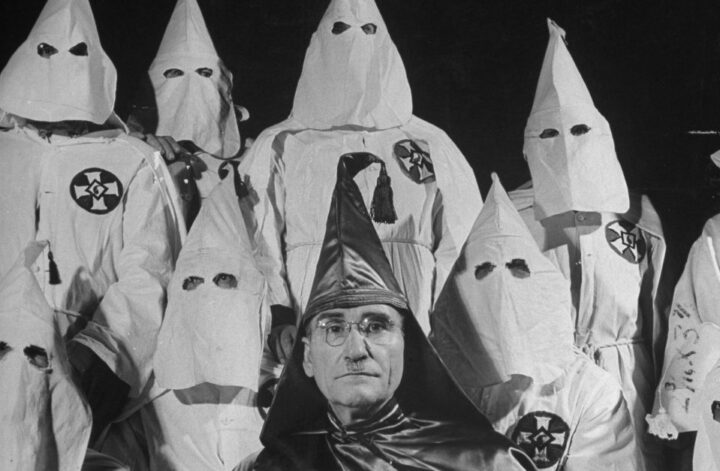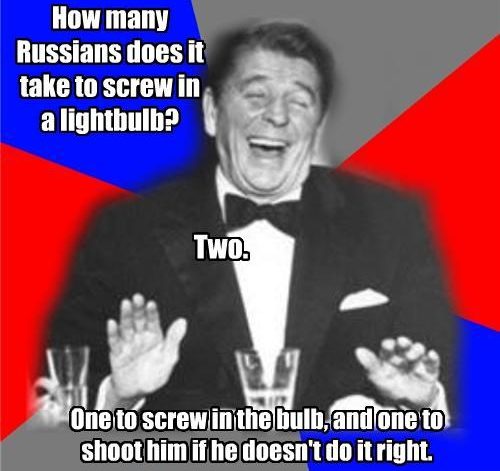My followers and readers are aware of my distance from Donald Trump’s language, attitudes, and most of his agenda. However, this distance does not automatically position me as a supporter of Kamala Harris, the “conservative Democrats,” or the “decent Republicans.”
Even if I agreed with some of Trump’s proclamations (and I don’t), I would doubt they could be fully and promptly realized. My hope, at most, is for a less insane approach to foreign policy. Yet, can we realistically expect the Deep State, the military, the intelligence agencies, and the arms manufacturers to allow the incoming administration to pursue their goals? The president-elect, often derisively labeled the “tycoon,” will face staunch opposition from many of his fellow tycoons. Although Trump was elected by around 60 percent of those who participated in the election, he represents only a tiny fraction of the nation’s oligarchs, who wield significant influence. Before Trump’s election, the Euro-Atlantic elite seemed almost indifferent to whether a Democrat or a Republican won the presidency. For years, the military-industrial complex — now bolstered by the communications and technology sectors — has exercised control over the presidency and Congress rather than vice versa.

Consequently, Trump is likely to encounter substantial opposition even from within his own party. While he has garnered support as a tactical asset, he is not fully integrated into the Republican establishment, and he will face persistent challenges stemming from power dynamics, arrogance, and possibly even violence. It’s important to note that Trump has already survived two significant attacks, one of which he narrowly escaped. In Washington, D.C., citizens overwhelmingly voted for Harris, with more than 90 percent support, highlighting who holds sway over federal power and the underground government.
Europe’s Uncertainty
The pressing question for Europeans is whether they would ultimately benefit from a divided America and a weakened president besieged by powerful domestic and EU leadership interests. This inquiry is complex and multifaceted. A weakened, protectionist U.S. president could lead to a deeper detachment of Europe from American economic and political influence, fostering a stronger European identity. While this shift carries significant risks, it could also accelerate the ongoing evolution of the global geopolitical landscape. Conversely, suppose the traditional Euro-Atlantic establishment remains steadfast. In that case, the U.S. and its European allies may find themselves defending the status quo, potentially at the cost of engaging in military, cultural, and trade conflicts.
A systematic campaign of ridicule and opposition to Trump has already begun in the Western world, reflecting a deep-seated fear that Trumpism might take root here. Advocates for a just society are rightly outraged by the concerted efforts to delegitimize and demean the president-elect, driven by Euro-Atlantic media that often align with U.S. and NATO communications strategies. While criticism of Trump is valid, the systematic insult against him is unwarranted.
Commentators from established media outlets and comedians have been tasked with debunking and undermining him. The portrayal of figures like Robert Kennedy Jr., suggested for the role of health secretary, as a “no-vax conspiracist” exemplifies this treatment. Is raising concerns about pharmaceutical practices during the pandemic not part of the responsibility to scrutinize powerful entities? While I never opposed vaccines during the pandemic, I would welcome an inquiry led by someone outside the industrial and pharmaceutical establishment. These preemptive attacks on potential officials who have been critical of the vaccine policy only amplify suspicion. Isn’t it likely that the alleged simple-minded people might do so?
Trump embodies a deeply rooted contestation against conservative power that often feels disconnected from the populace. Despite his sometimes chaotic and vulgar approach, which I detest, he captures genuine public sentiments that demand attention. Trump symbolizes the underdog’s view of a successful man and the weak man’s vision of a strong man. This perception illustrates a troubling moral decline among the electorate, a situation few seem eager to correct. If we believe in democracy and people’s participation, we must prioritize respect for the voters, the people, and the grassroots.
If we continue to deny and reject their legitimacy and raison d’être, the rise of far-right movements in Europe and the U.S. can only be postponed. Furthermore, this attitude has become overtly hypocritical and corrupt, as both old-school conservatives and self-proclaimed progressive leaders resort to the same anti-democratic tactics and vulgar rhetoric they once criticized. Leaders like Trump, along with European figures such as Viktor Orbán, Marine Le Pen, Giorgia Meloni, and Geert Wilders, engage with real issues that resonate with people, regardless of how critical we may be about their approaches to these issues.
To foster positive governance in the U.S. and the EU, those in power must reframe these discussions, offering citizens thoughtful solutions related to globalization, warfare, sovereignty, migration, and societal models that resonate with contemporary reality. There is a political and cultural space for a new approach that transcends the conservatives’ allure to the ‘distant past’ and the progressives’ belief that they are ‘En Marche’ back to the ‘recent past.’ Occupying this new political space requires commitment and intellect — qualities that progressives and radicals dramatically (still) lack.



